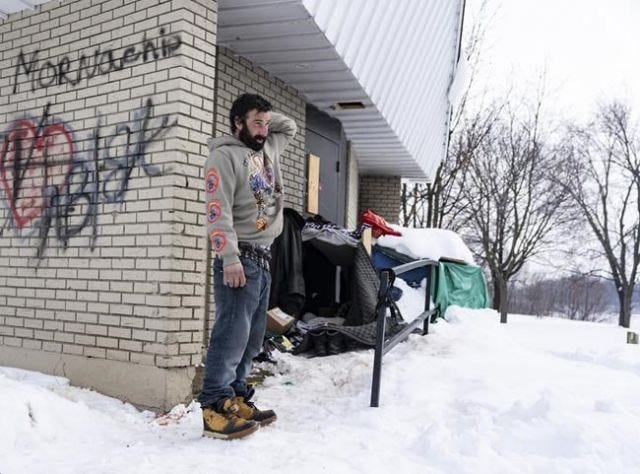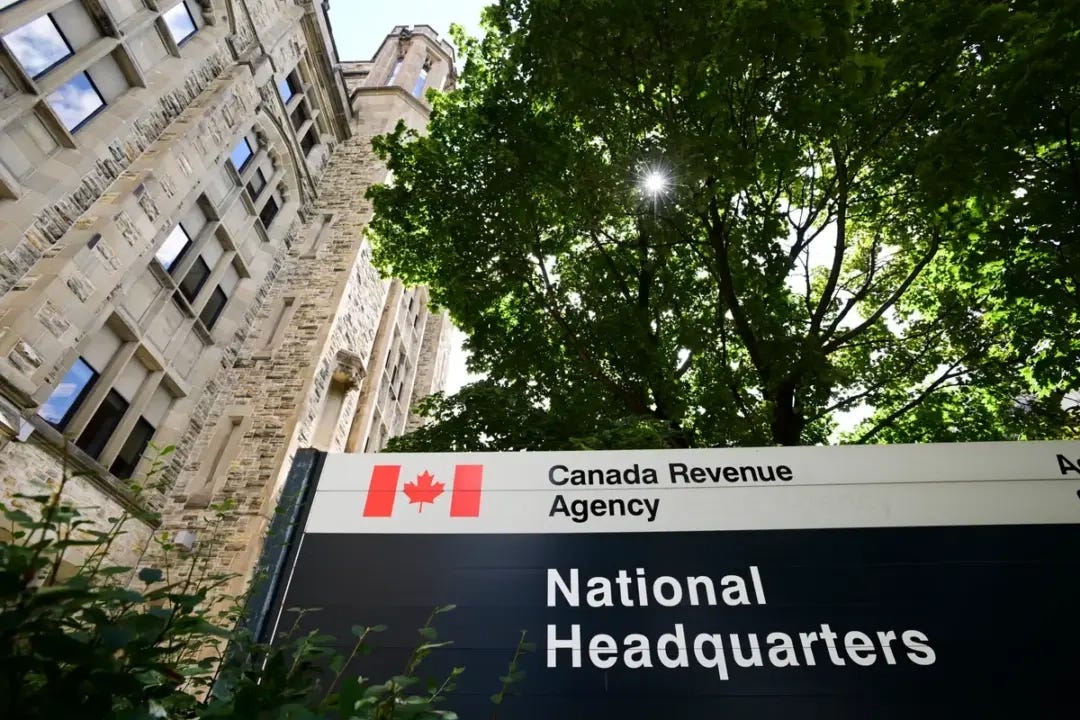Hops Farm Company Faces $1 Million Penalty for Alleged 'Near to Most Serious' Investment Fraud
Fraser Valley Hop Farms Inc. and its director, Alexander William Bridges, have been ordered to pay over $1 million in connection with an alleged fraud described by the B.C. Securities Commission panel as "near to the most serious type of fraud possible in an investment context." The company and Bridges are required to pay a combined $498,273, representing the amount obtained through their alleged wrongdoing. Bridges, also known as Alex Blackwell, faces an additional administrative penalty of $550,000 and a permanent ban from participating in the investment market, except as an investor. The company is barred from trading shares or engaging in promotional activities. The fraud involved misleading investors about the use of funds for operating expenses on a 125-acre hops farm for the craft brewing industry. Bridges allegedly misappropriated nearly $500,000 for personal or illegitimate expenses. The commission also found that securities were illegally distributed without a prospectus. Another company official, Shane Douglas Harder-Toews, was deemed a "de facto" director, ordered to pay a $50,000 penalty, and banned from market participation for six years. The panel concluded that the misconduct caused significant financial and emotional harm to investors, with some losing all their money. Testimonies included stories of personal struggles and traumatic experiences related to the alleged fraud.
Landmark Lawsuit in St-Jérôme Challenges Homeless Shelter Ban, Sparks Debate on Rights and Solutions
A lawsuit in St-Jérôme, Quebec, challenges the town's ban on makeshift shelters on public property, potentially setting a precedent for addressing homelessness in the province. Filed by a legal clinic advocating for unhoused individuals, the suit argues that municipal bylaws prohibiting makeshift shelters violate the right to life, liberty, and security as per the Canadian Charter of Rights and Freedoms. The clinic highlights the disparity between the homeless population and available shelter beds, leading many to sleep outdoors. The lawsuit contends that forced dismantling of shelters and fines for bylaw violations cause additional trauma to vulnerable individuals. St-Jérôme defends its bylaw, citing safety concerns, while the government emphasizes recent investments in shelters. The case, currently before the court, could impact how municipalities handle homelessness in Quebec.
Alberta Premier to Unveil 'Parental Rights' Policy: Striking a Balance for Children's Future
The UCP government in Alberta, Canada, is set to reveal a "parental rights" policy aimed at striking a balance between the rights of parents and the rights of growing children, according to Premier Danielle Smith. The policy is expected to be released in the coming week. Smith emphasized the need to depoliticize discussions on the topic and focus on the impact on children. The announcement follows a non-binding resolution by UCP members calling for parental consent on pronouns, a move criticized for potentially limiting the rights of transgender and nonbinary children. Smith highlighted consultations within the UCP caucus and the challenge of balancing parental rights with children's evolving autonomy. Additionally, the premier mentioned that details of a promised tax cut for Albertans will be outlined in the upcoming provincial budget on February 29, aiming to reduce the personal tax rate to eight percent for income under $60,000. The government plans to consider resource revenue instability and pending labor negotiations when determining the timeline for implementing the tax cut.
Shoppers Drug Mart's $77 Million Investment to Expand Pharmacy Clinics Brings Relief to Alberta's Strained Health System
Shoppers Drug Mart has invested $77 million to expand its pharmacy clinics across Alberta, with the goal of having 103 clinics by the end of the year. The government views this investment as a relief for the strained public health care system, with the clinics helping to improve patient experience and increase access to primary care. Shoppers Drug Mart President Jeff Leger highlighted the company's commitment to expanding and renovating clinics since 2022 to address the growing demands on the public health system. The expansion is expected to ease pressure on doctors' offices and emergency rooms. The investment was not subsidized by the provincial government, but Invest Alberta facilitated the final decision. Health Minister Adriana LaGrange stated that the expansion aligns with the government's efforts to reorganize the health care system, although the government is not directly funding pharmacy-led clinics. Alberta Medical Association (AMA) President Dr. Paul Parks expressed concern about the impact on patient access to comprehensive care, emphasizing the need to support family and rural medicine clinics. Alberta Opposition Leader Rachel Notley criticized the announcement, considering it an "empty effort" to distract from the government's perceived failure to fulfill health care promises.
Canadian Government Caps International Student Enrolments to Tackle Housing Crisis and Rent Inflation
Bank of Canada Governor Tiff Macklem believes that the recently announced cap on international student enrolments in Canada will help ease rent price inflation. The federal government has imposed a two-year limit on new study permits to address the strain on the housing market caused by strong population growth. Immigration Minister Marc Miller stated that the number of new visas will be capped at 364,000, a 35% decrease from the previous year. Economists suggest that capping study permits may moderate rent price inflation, but the extent of its impact remains uncertain. The Bank of Canada faces challenges as shelter costs are rising rapidly, and interest rate hikes may have limited effectiveness. Shelter costs are identified as the primary driver of above-target inflation. The Bank of Canada recently announced its decision to hold the key interest rate at five percent and discussed the possibility of rate cuts. However, it emphasized the role of housing and food prices in sustaining inflation. Housing affordability issues in Canada post-pandemic are attributed to factors such as population growth and housing shortages. The government's efforts to address the housing crisis include measures like making more land available and reducing red tape, with hopes of narrowing the gap between supply and demand over time.
Tax Burden on Canadians Soars: 46% of Income Paid in 2023, Higher Hikes Expected in 2024
In 2023, the average Canadian family paid 46 percent of its annual income in taxes, covering various types such as income, property, payroll, sales, and carbon taxes. The director of fiscal studies at the Fraser Institute, Jake Fuss, mentioned that this percentage is likely to increase in 2024 due to upcoming tax hikes. These include federal increases in Canada Pension Plan (CPP) and Employment Insurance (EI) contributions, carbon tax, alcohol tax, and more. Municipalities are also imposing significant property tax hikes.
Toronto, for instance, is considering a 10.5 percent property tax increase, potentially rising to 16.5 percent without additional federal funds for refugee housing. Other cities like Vancouver, Halifax, and Montreal are also proposing or implementing property tax hikes. The Canadian Taxpayers Federation reported various federal tax increases in 2024, affecting income tax payments and contributions to CPP and EI.
The federal carbon tax is set to rise from $65 to $80 per tonne, leading to additional costs for households. The federal alcohol tax is increasing by 4.7 percent, and a digital services tax could potentially cost taxpayers $1.2 billion in 2024–25.
Despite the need for taxes to fund public services, concerns arise regarding the value for money. High taxation makes Canada less competitive globally, and there are doubts about the effectiveness of government spending. A Leger poll commissioned by the Fraser Institute found that 44 percent of Canadians feel they receive poor value from government services, and 74 percent believe families are being overtaxed.
With increasing federal debt, a significant portion of taxpayer dollars is allocated to debt interest. The cost of running the federal government has risen due to an expanding bureaucracy. The report also highlights major federal spending, including the early learning and child-care plan, dental care, pharmacare, and subsidies for electric vehicle battery plants.
Canada's tax system has become complex over time, with a growing number of rules and regulations. Suggestions for reforms include significant changes to corporate and personal income tax rates to enhance competitiveness. The current trend of adding tax credits is criticized for increasing complexity.
NHL's Dual Announcements: All-Star Performer Unveiled, Yet Silence Prevails on Sexual Assault Investigation
The NHL made significant announcements, expressing interest in Salt Lake City having an NHL team and revealing that Tate McRae will perform at the upcoming All-Star Game. However, the league refrained from commenting on the Team Canada 2018 sexual assault investigation, where charges are pending for five players, possibly on current NHL rosters. The investigation, marked by delays and controversies, involves players taking leaves of absence. The article criticizes the handling of the case, highlighting problems at every level, from law enforcement to hockey organizations, emphasizing the protection of alleged assailants and the lack of protection for the victim. The Toronto Sun has not independently verified the report, but if accurate, the players involved may face charges after a prolonged six-year investigation. The piece concludes by speculating on potential consequences for the players and calls for accountability from the authorities involved.










